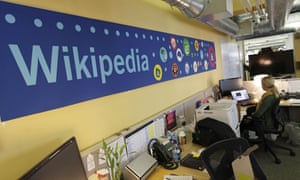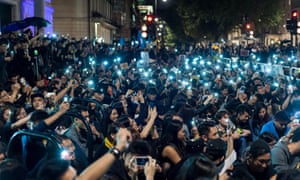1) List three theorists discussed in the article and what they believe regarding black identity.
Aisha Harris- this theorist claimed that social media plays a negative role in creating identities for black people in the media. She also argues that the rise of new and digital media and social media has created a culture wherein black people are often subject ‘memeification’, where parts of their culture and lifestyle becomes internet meme's.
Giddens- suggested that social media can be the place where black identities are constructed and built upon. An example of this would be ‘The Blackout’, a campaign that originally started on the social network ‘Tumblr’, and consisted of a ‘re-imagining’ and celebration of blackness.
Sherry Turkle- argued that social media encourages people to create a ‘mediated identity’, in the sense that social media gives people more freedom to construct preferred versions of themselves than would be allowed in real life due to the constraints of society. It is more applicable marginalised groups, who face more pressure in ‘the real world’ to fit into fixed, pre-established identities.
2) In your opinion, is social media a positive or negative force when it comes to issues of black identity?
I believe it is both, more so positive as the internet and social media in general is a free open space and as Giddens said is a place where black identities are constructed and they can then develop from there into things like the blackout campaign and #blacklivesmatter. However, it can also be negative as social media is a space where cultures and races can be ridiculed or subject to 'memeification' without consequence and this can be quite dangerous as racial hatred can be easily incited.
3) How could you apply the post-colonial theories we have learned in class to the issue of social media and black identity?
Post-colonial theorist such as Alvarados theory can be applied here as the black representation we see online and social media is often represented as humorous, although some representations may be pitied as often we see deprived parts of the world showing black people on the face of this which is then generalised by some.
A Hustle for Life: Refugees in the Media
1) What examples of different representations of refugees in the media are offered in the article?
The main word used in the article to describe the British media coverage of the migrant/refugee crisis is 'hostile' and it comes as no surprise as the largely right wing media in the UK campaigned for brexit and to stop the movement of people into the UK. It also refers to them as a 'swarm, horde, or tide' which are invading their way across the world.
2) In your opinion, is the documentary genre more or less biased than the news media? What examples can you provide from the article to support your view?
Documentary television can correct the overwhelmingly negative impression of refugees given elsewhere in the media, and remind us of the humanity of those at the sharp end of the world’s conflicts. I would say it is less bias but leaning more towards the side of sympathetic to what theyre filming or documenting depending on what it is they are documenting. An example of this would be the BBC documentary 'The refugee camp'.
3) How could you apply the post-colonial theories we have learned in class to the representation of refugees in the media?
The most obvious would be Alvarados theory and it would be dangerous, this is because many newspapers have claimed terrorists and illegal immigrants are moving with the refugees which makes its audiences scared of the 'dangers' that refugees can bring. It also essentializes them as it groups them with economic immigrants, illegal immigrants and refigees. They are all seen as exotic to the media and feared in a way as their cultures or stories arent understood.






